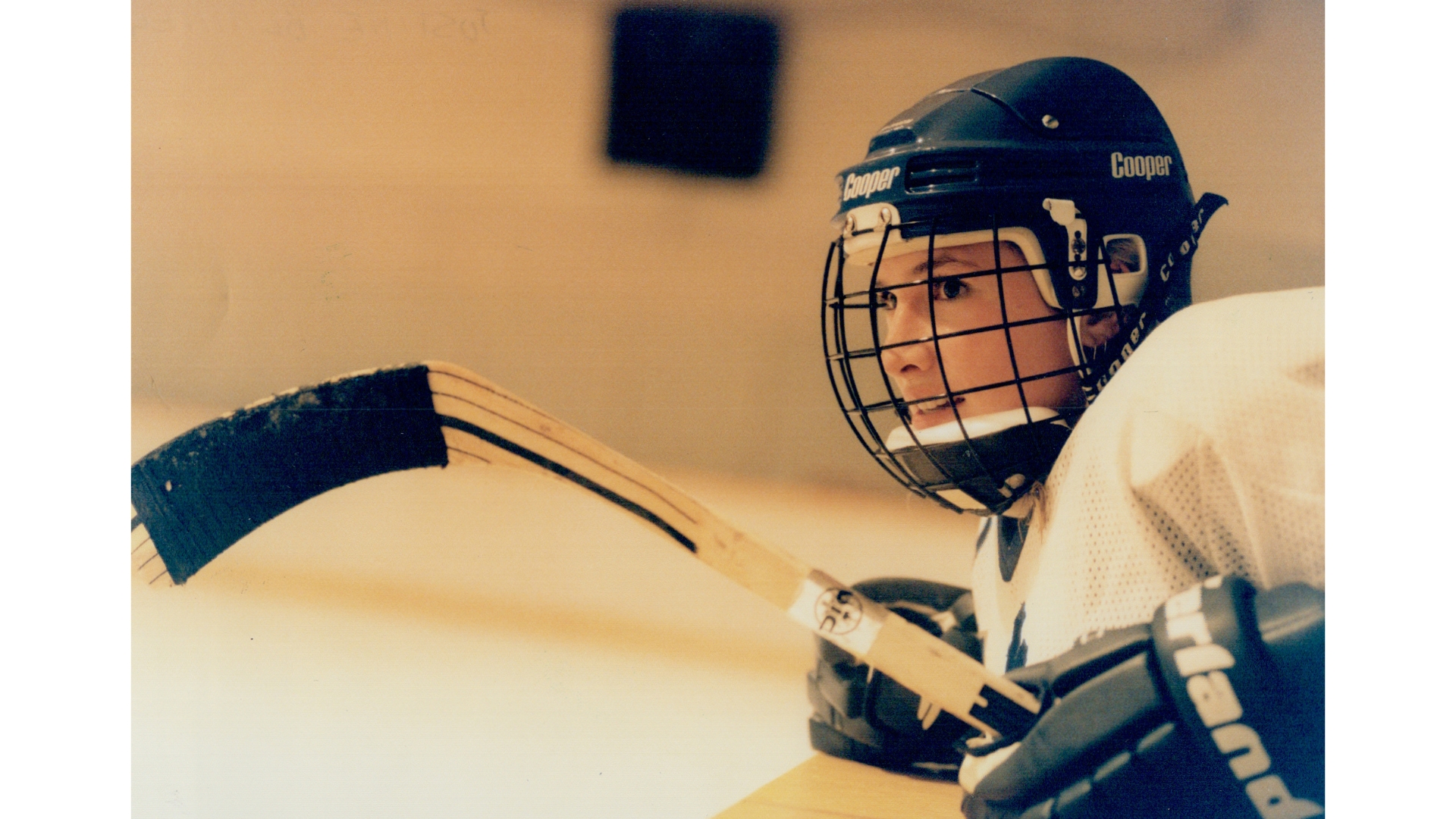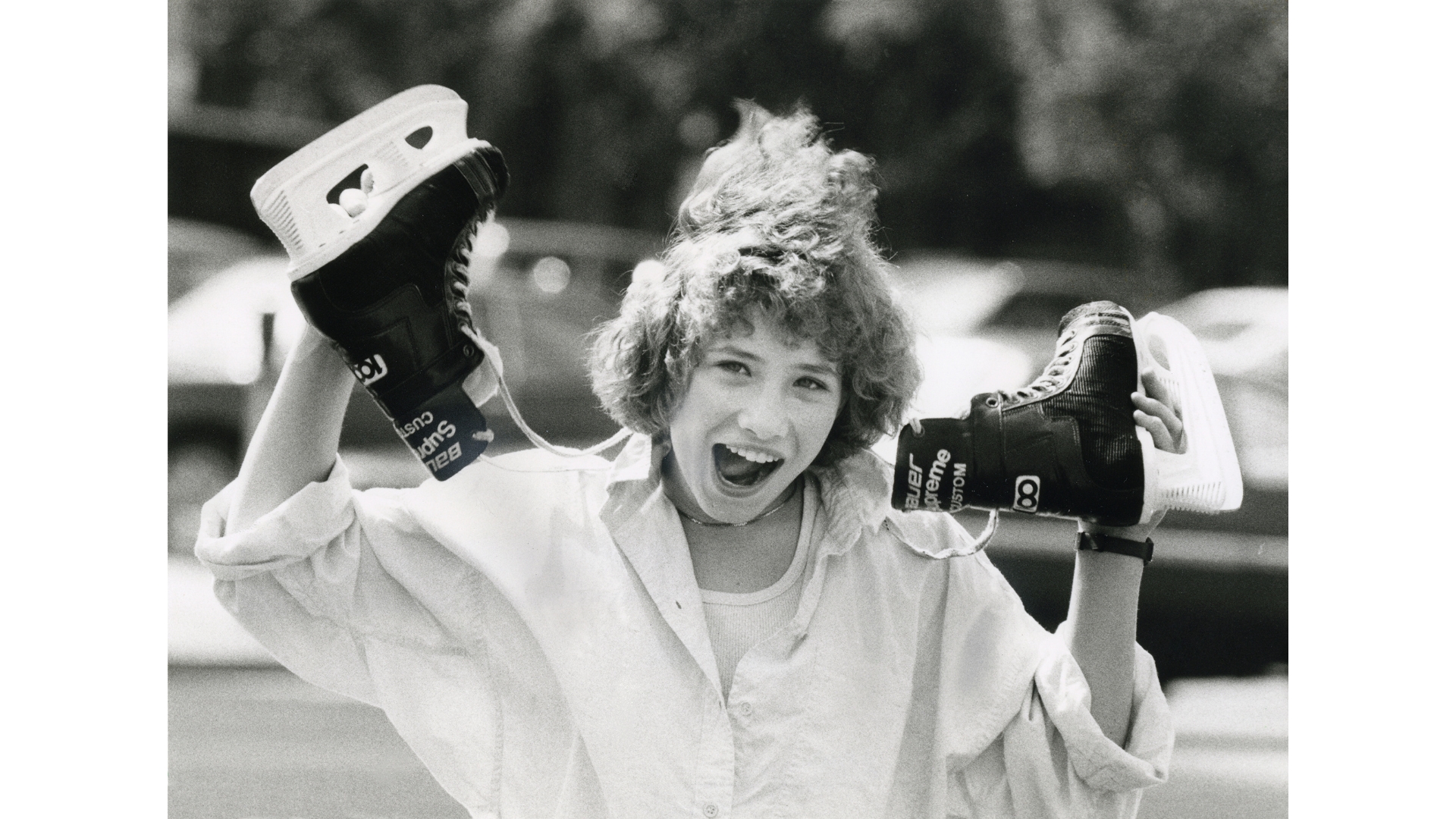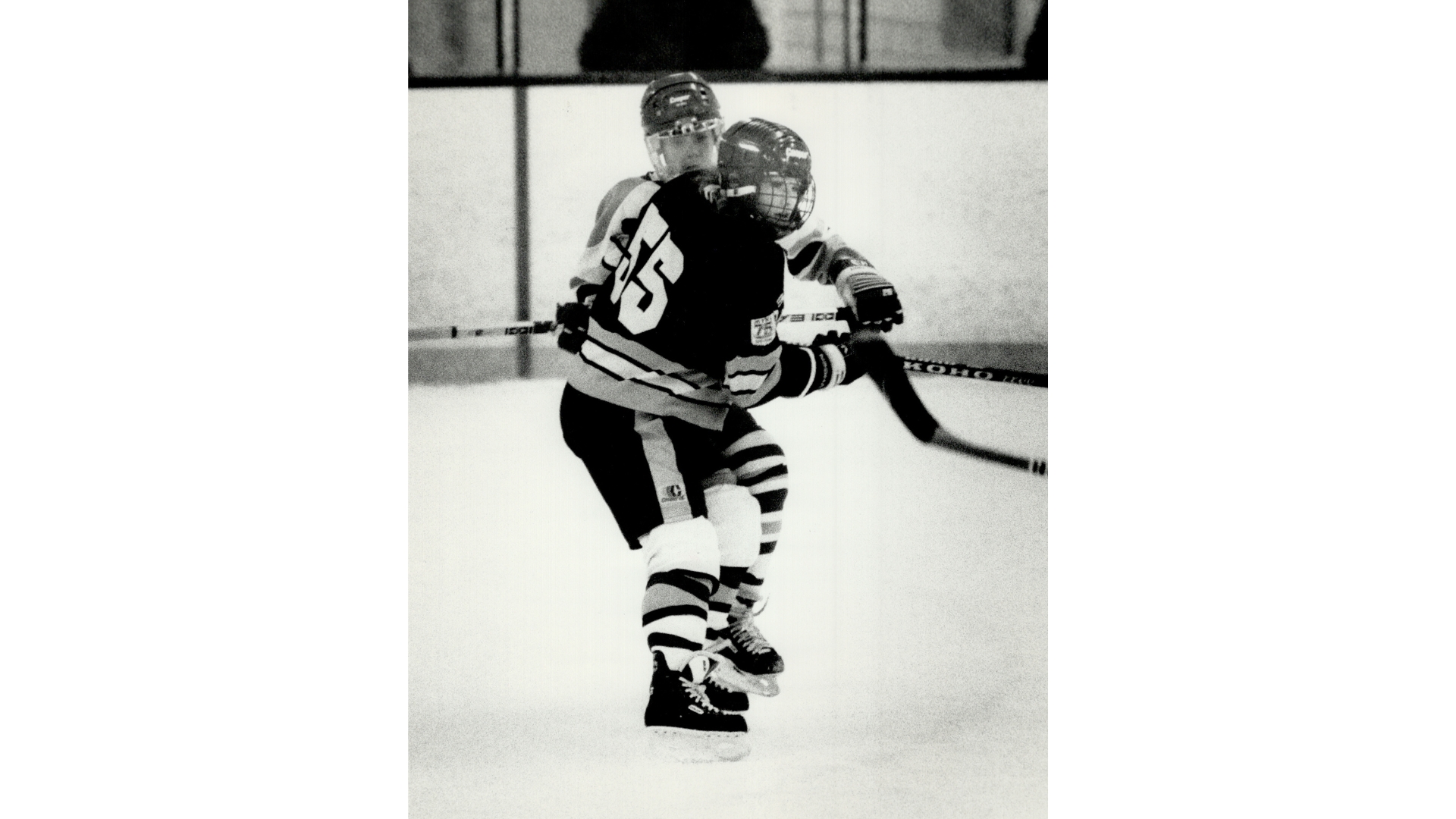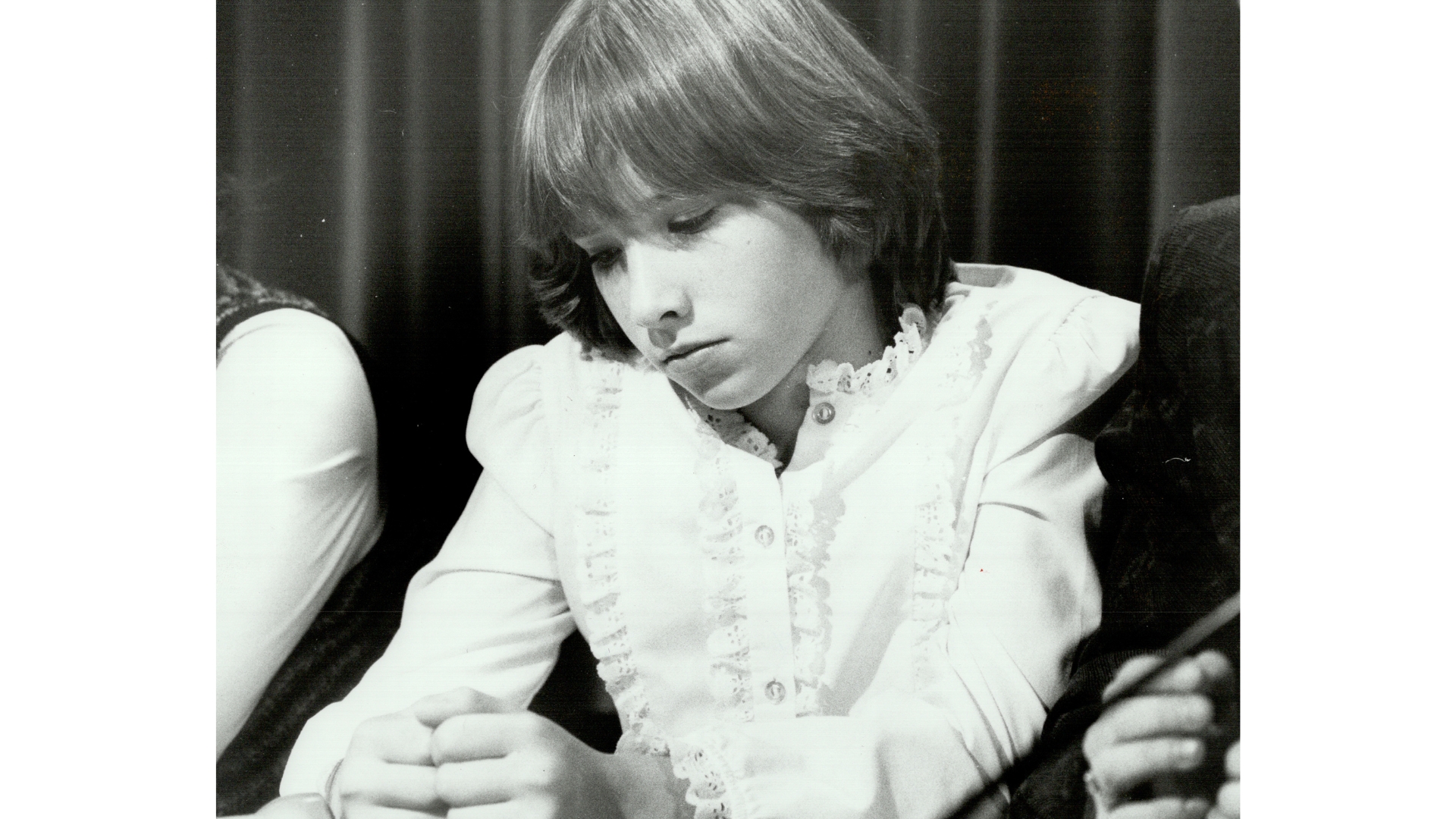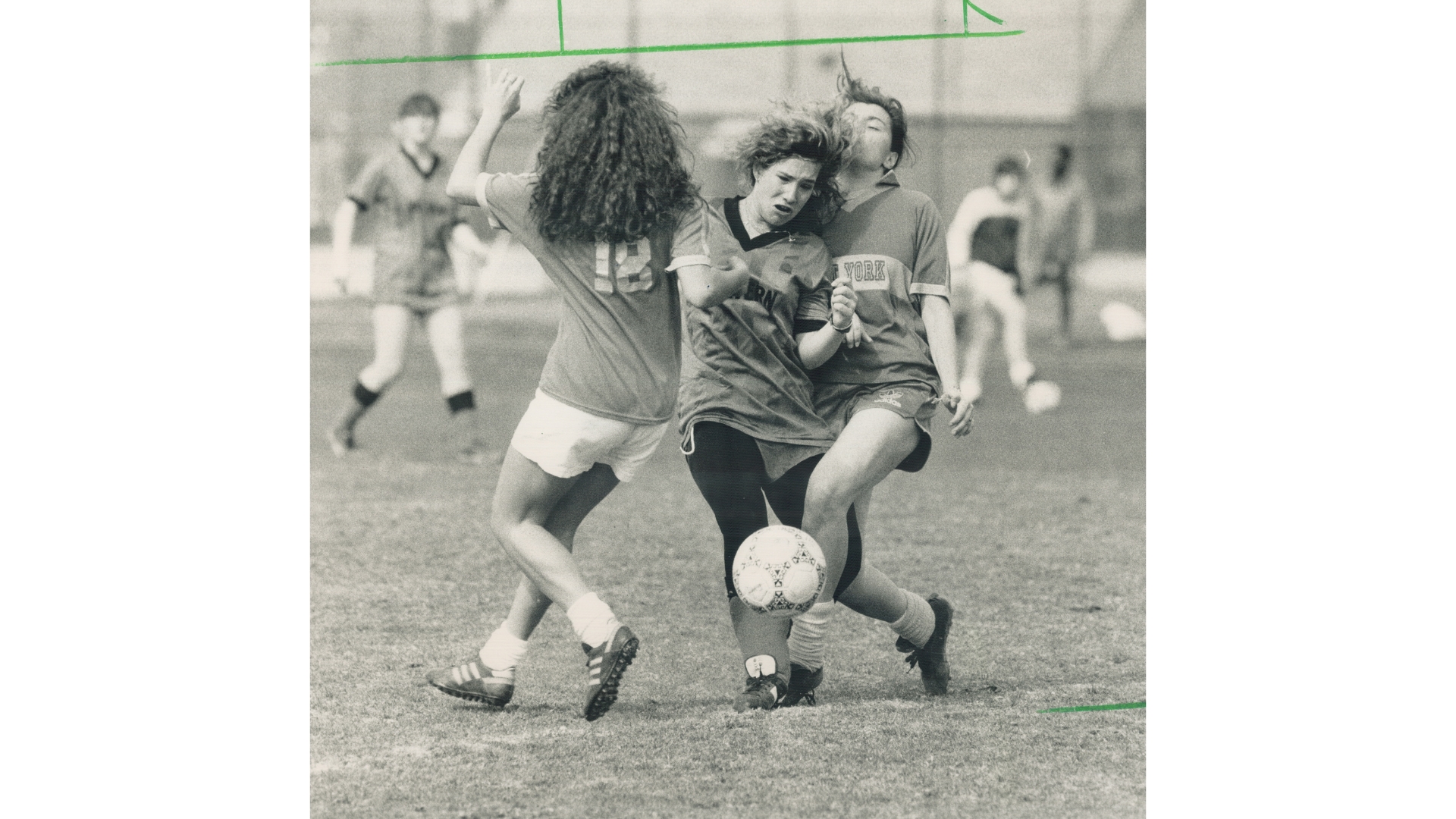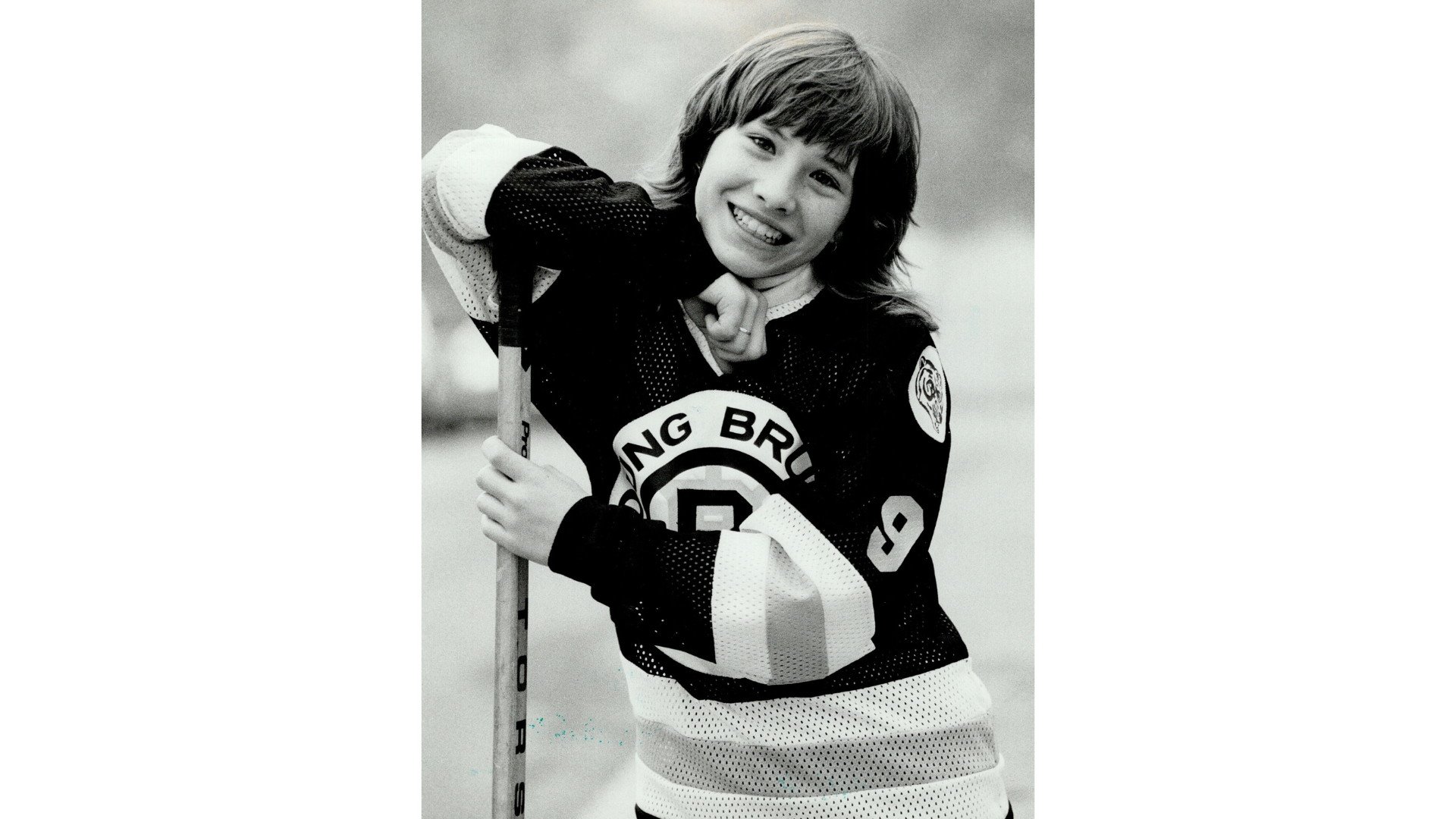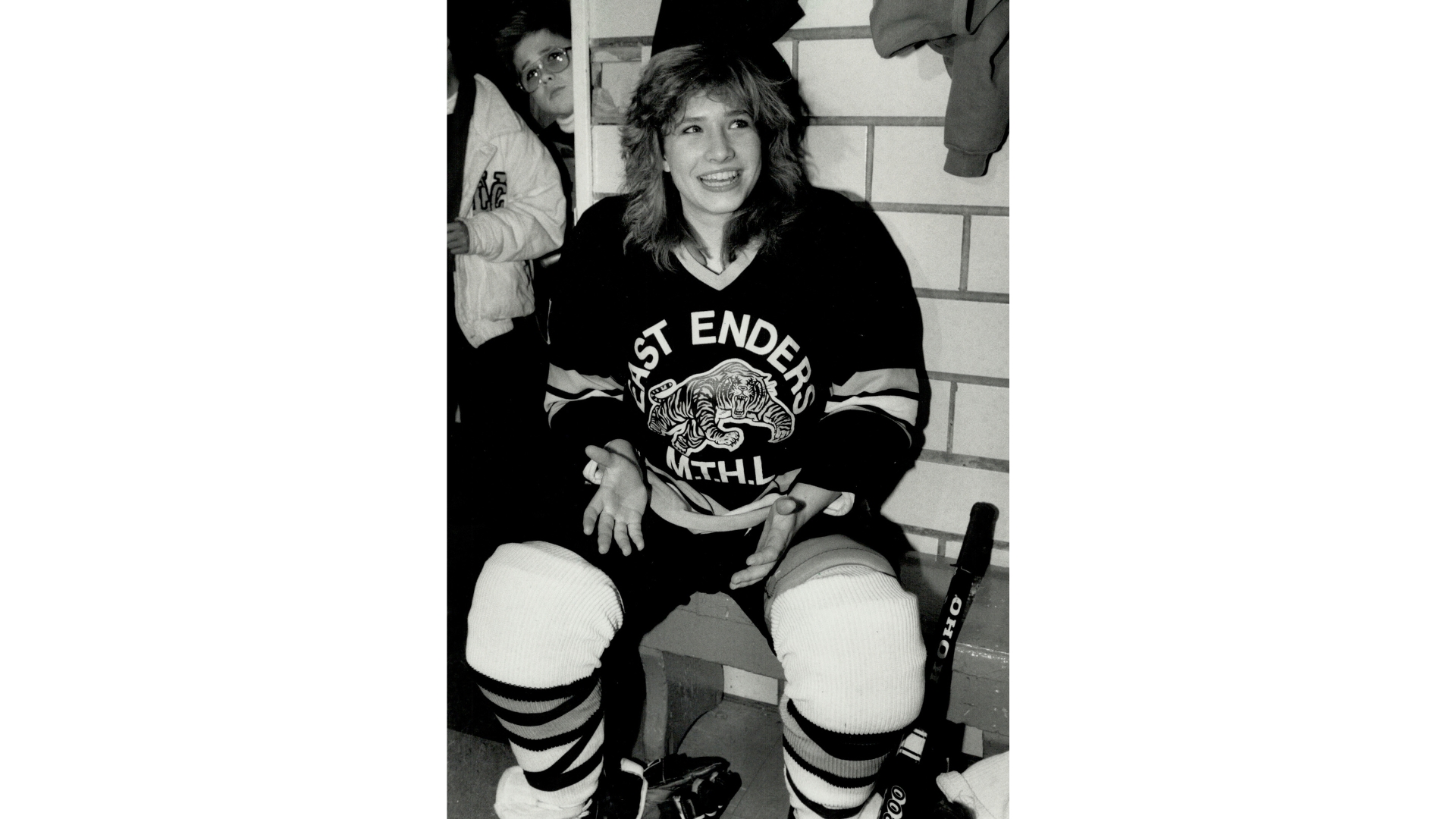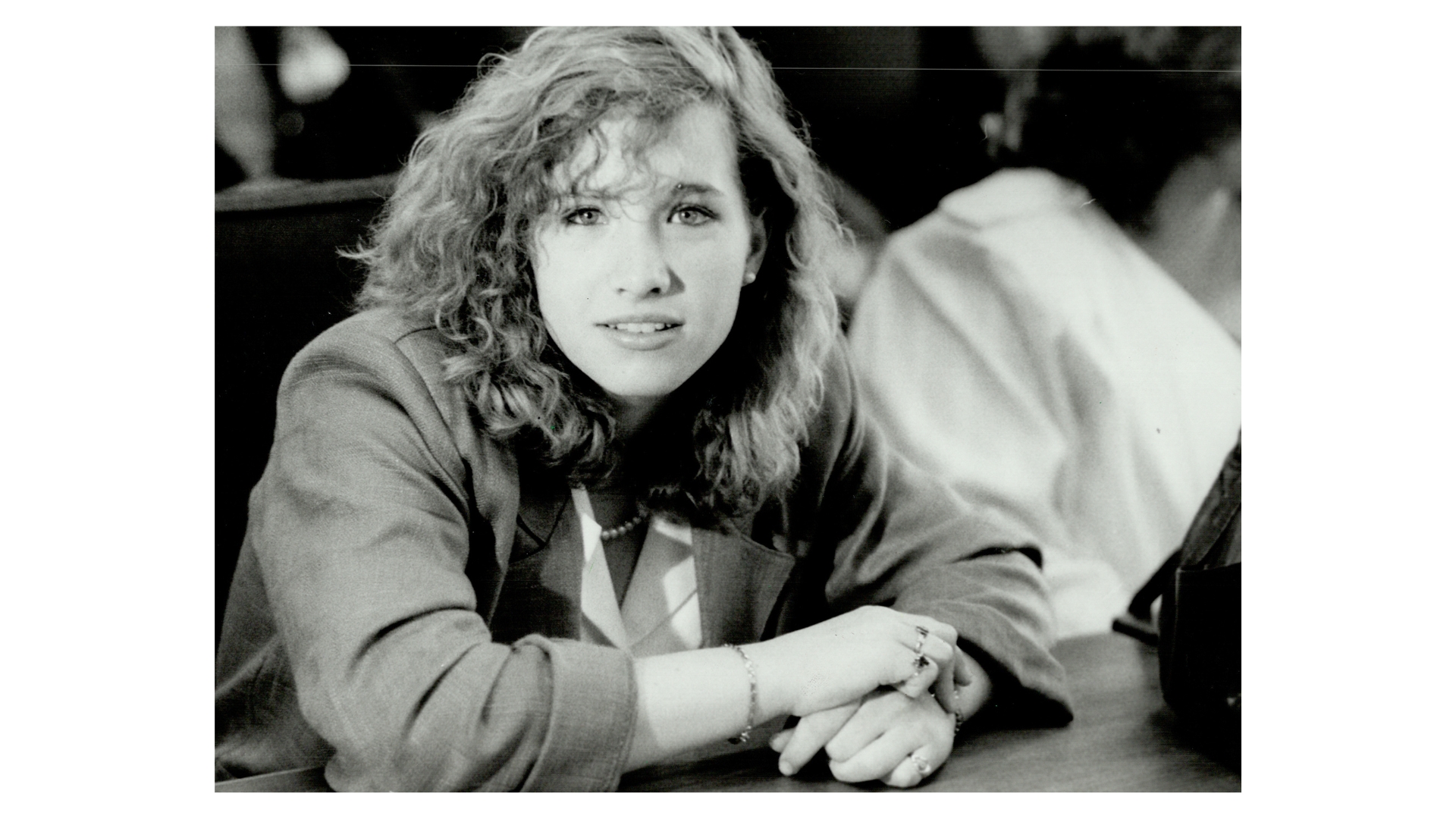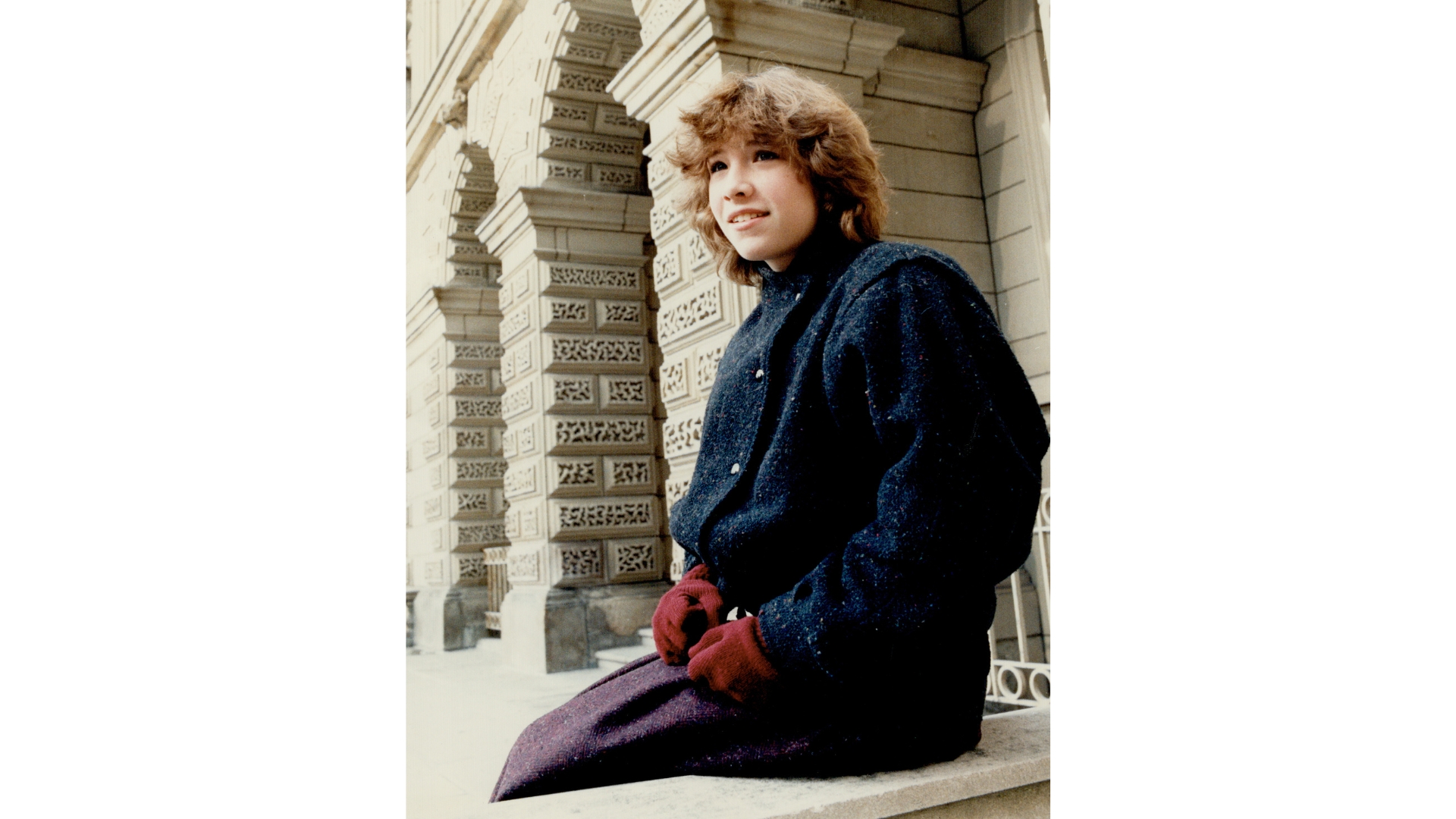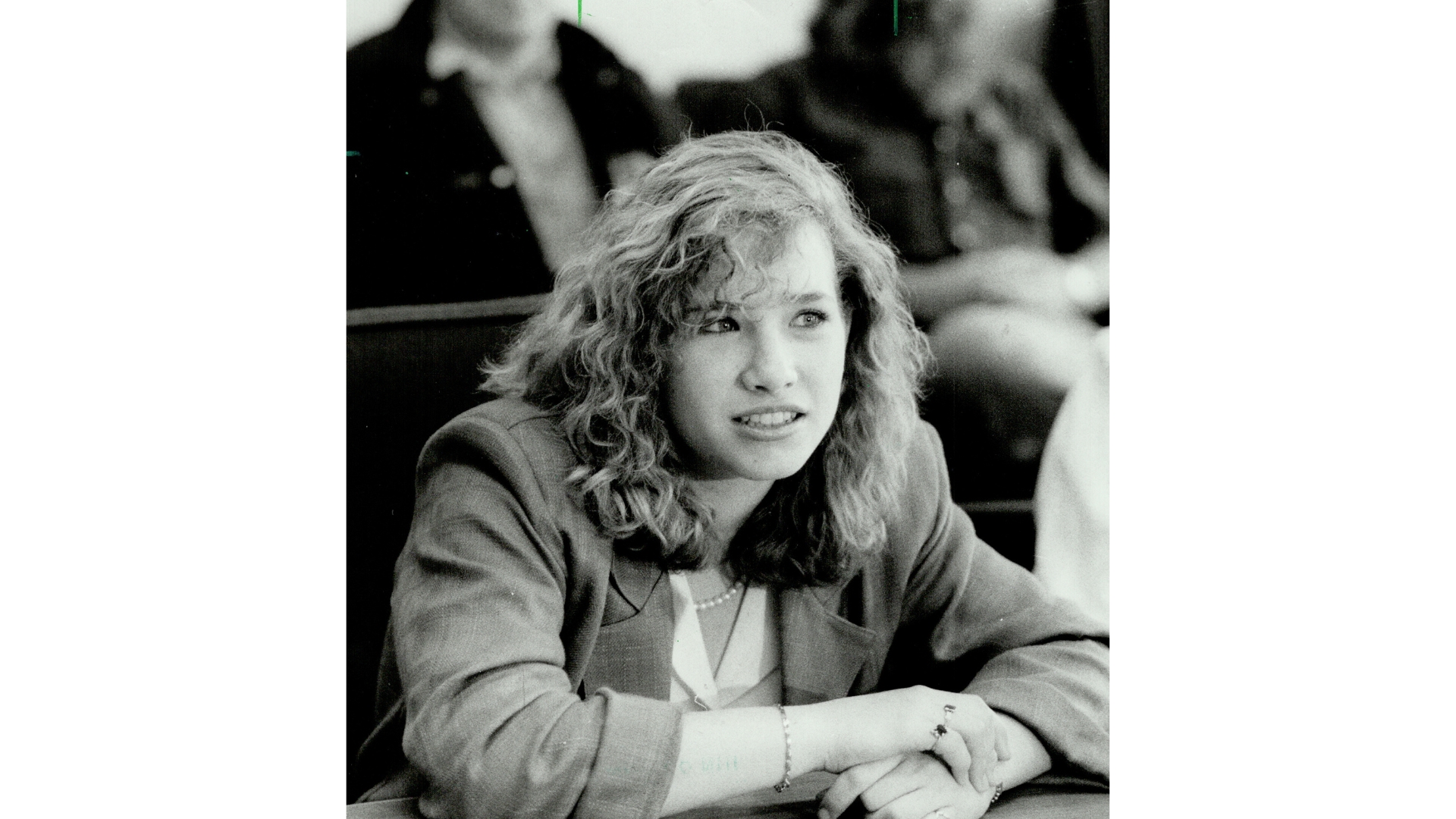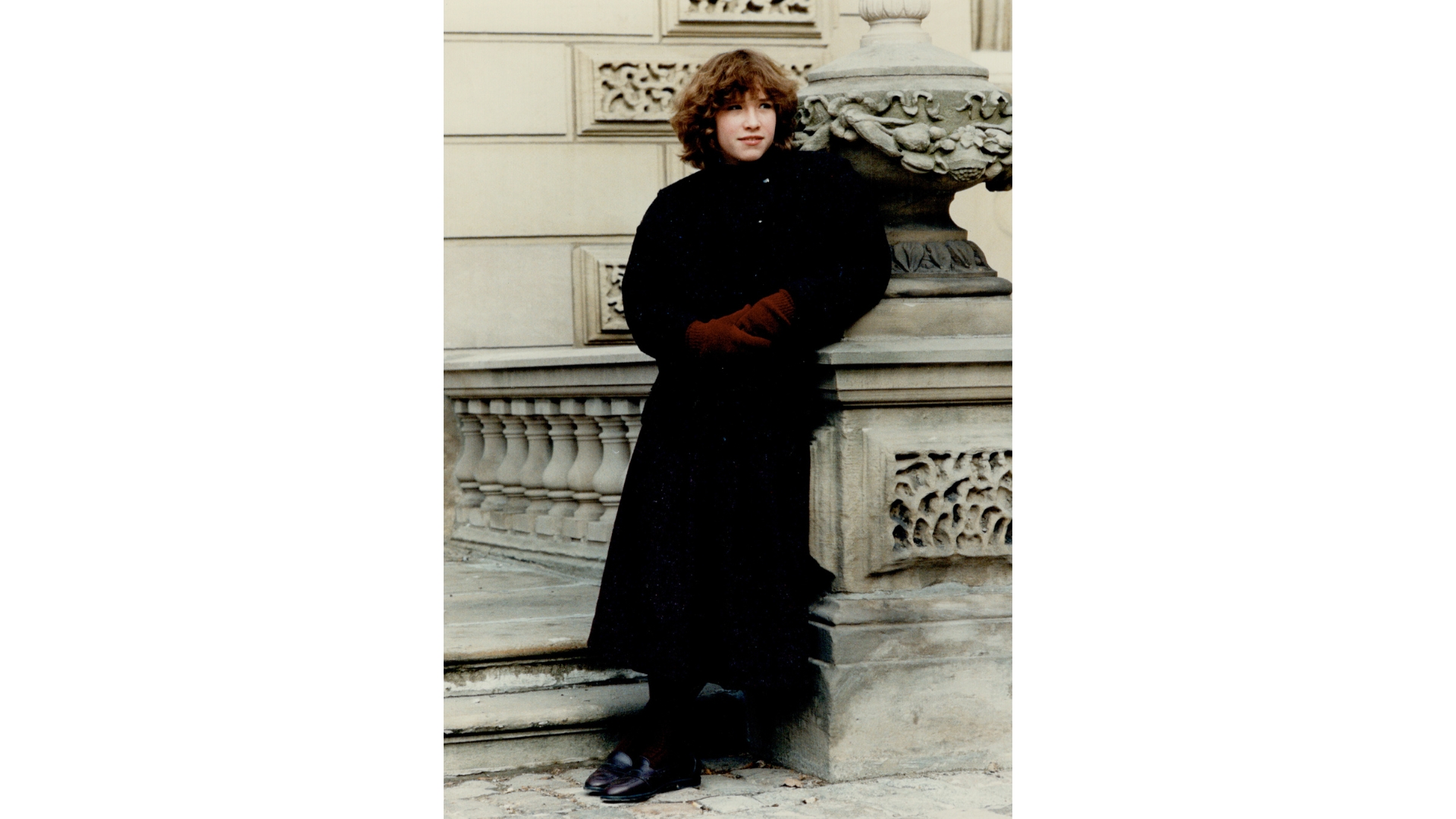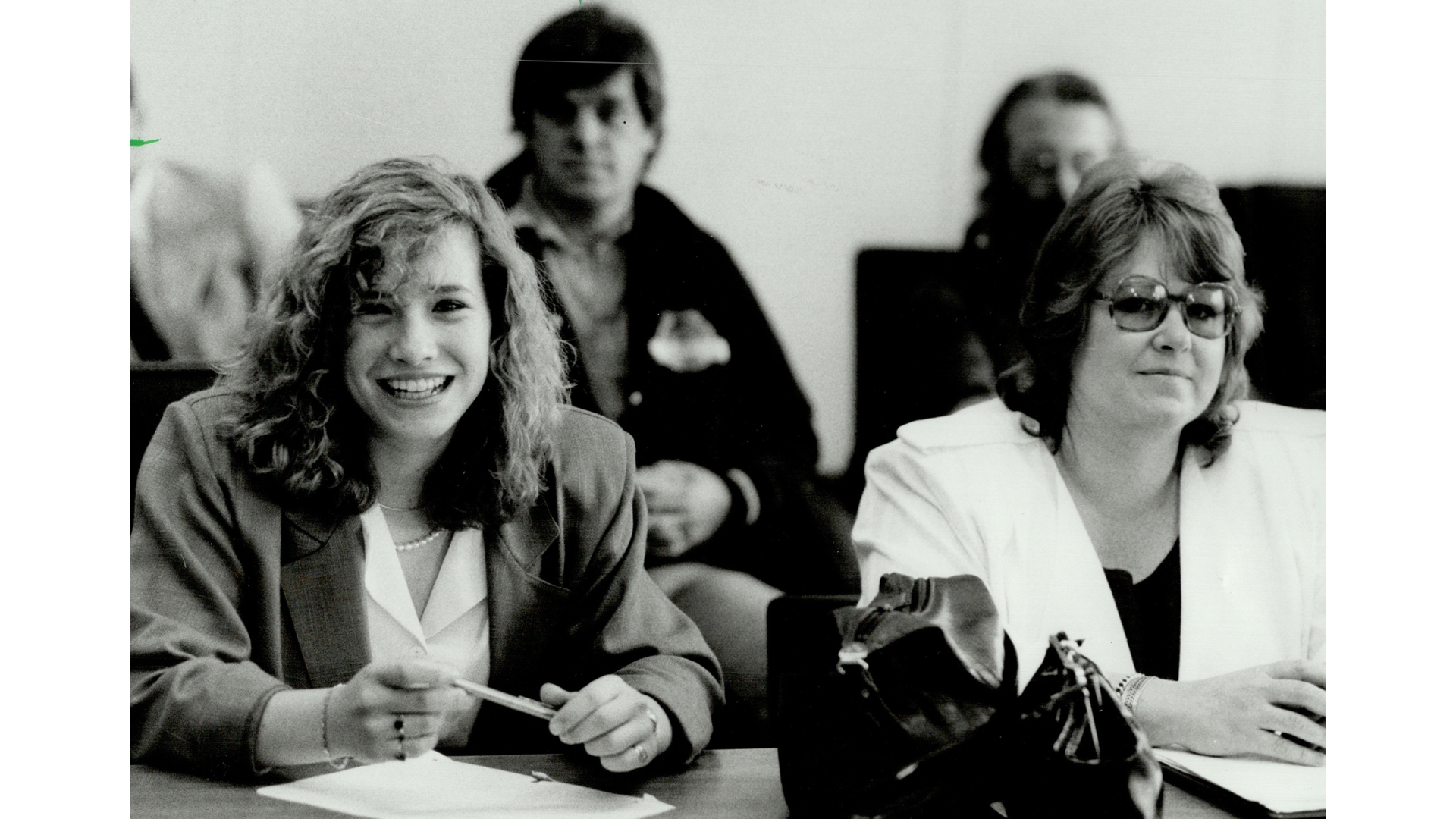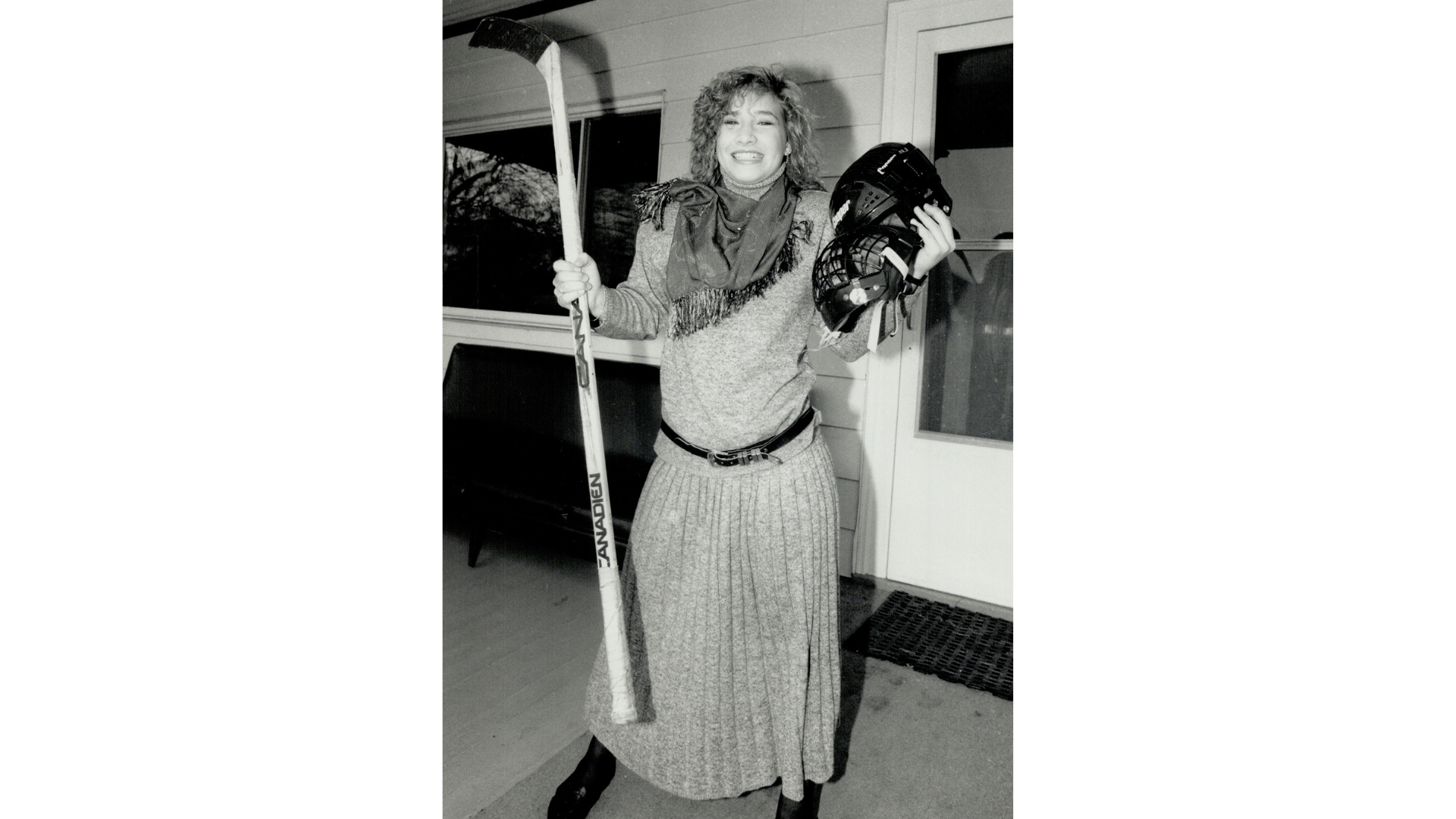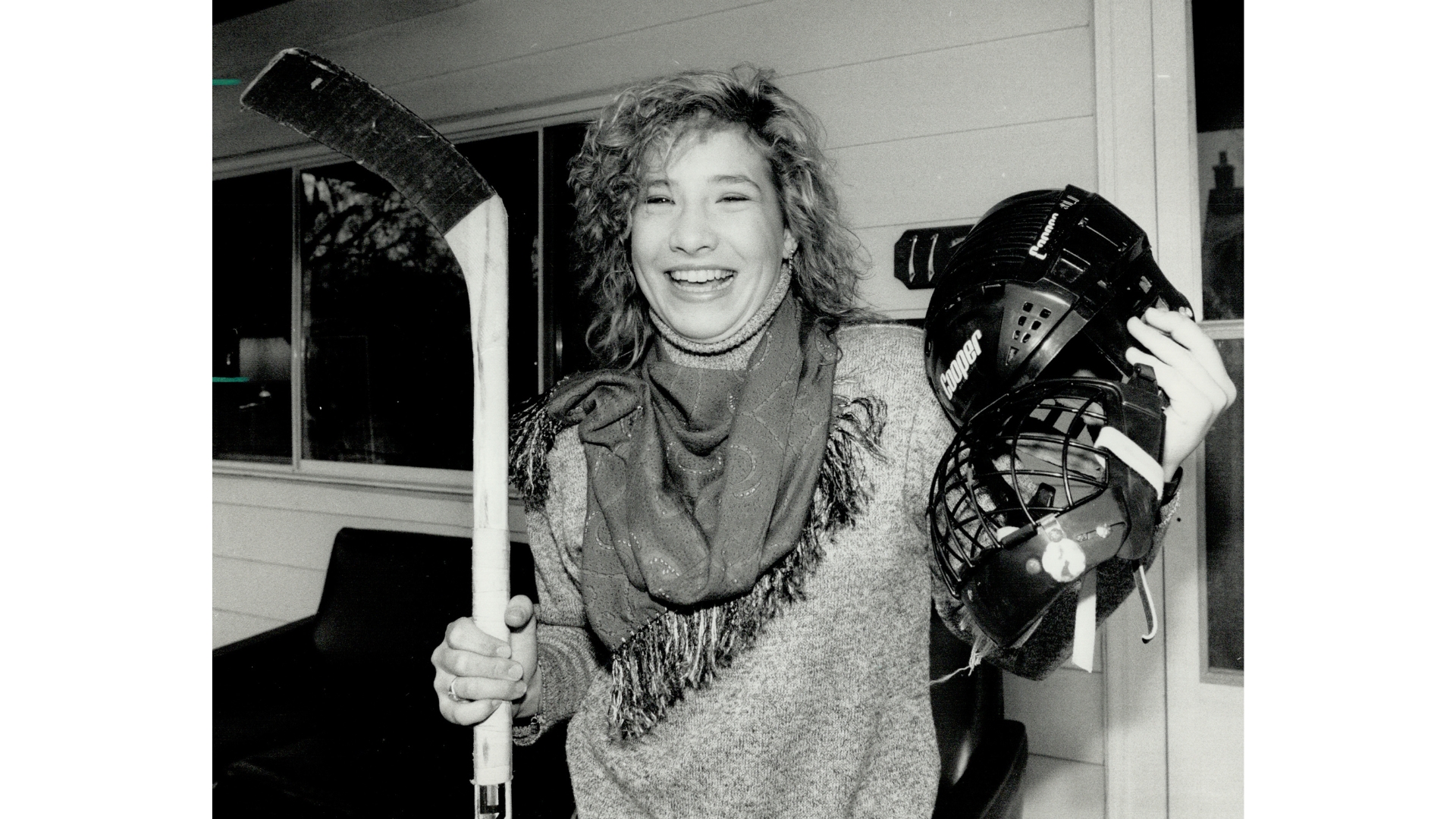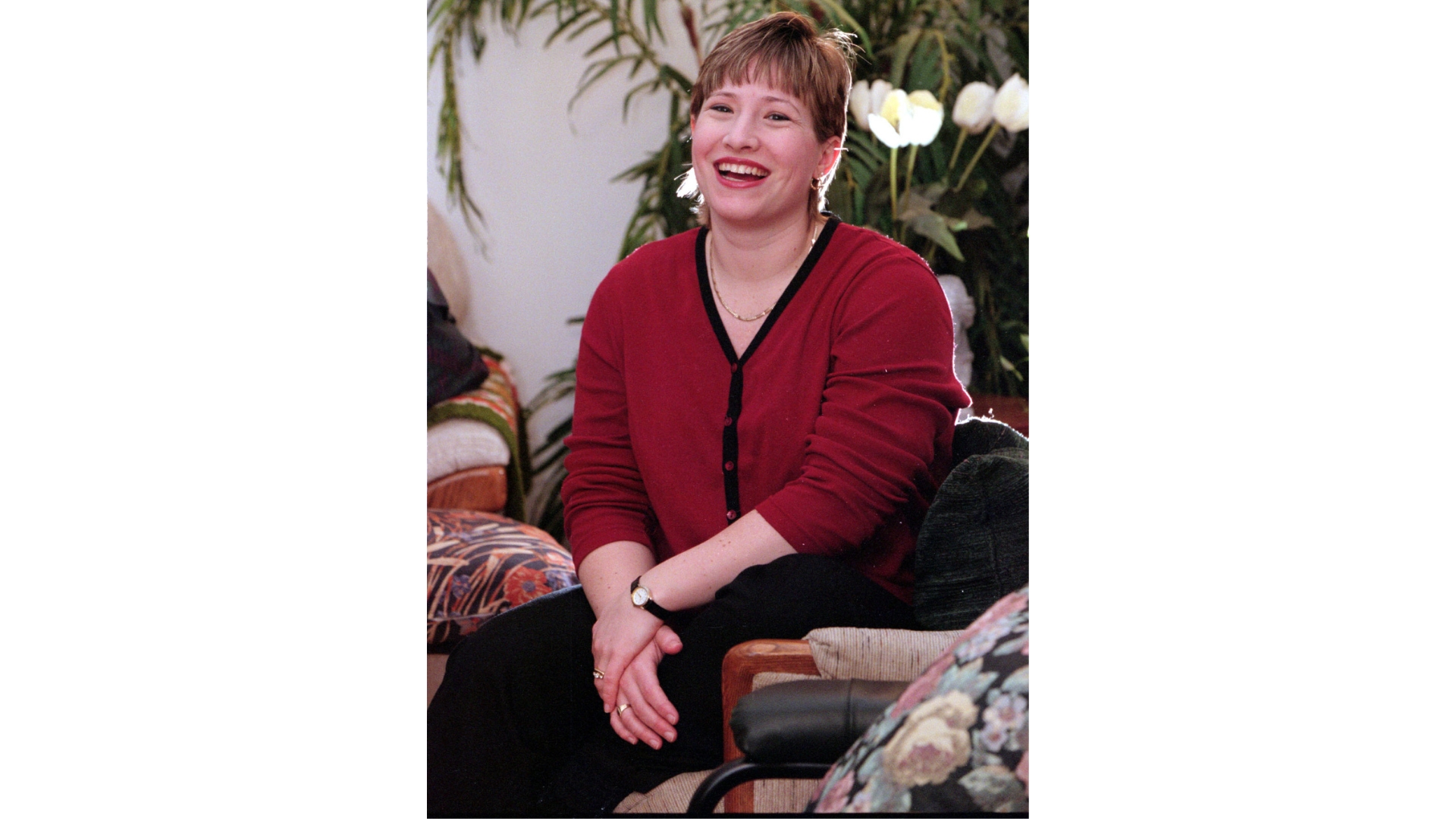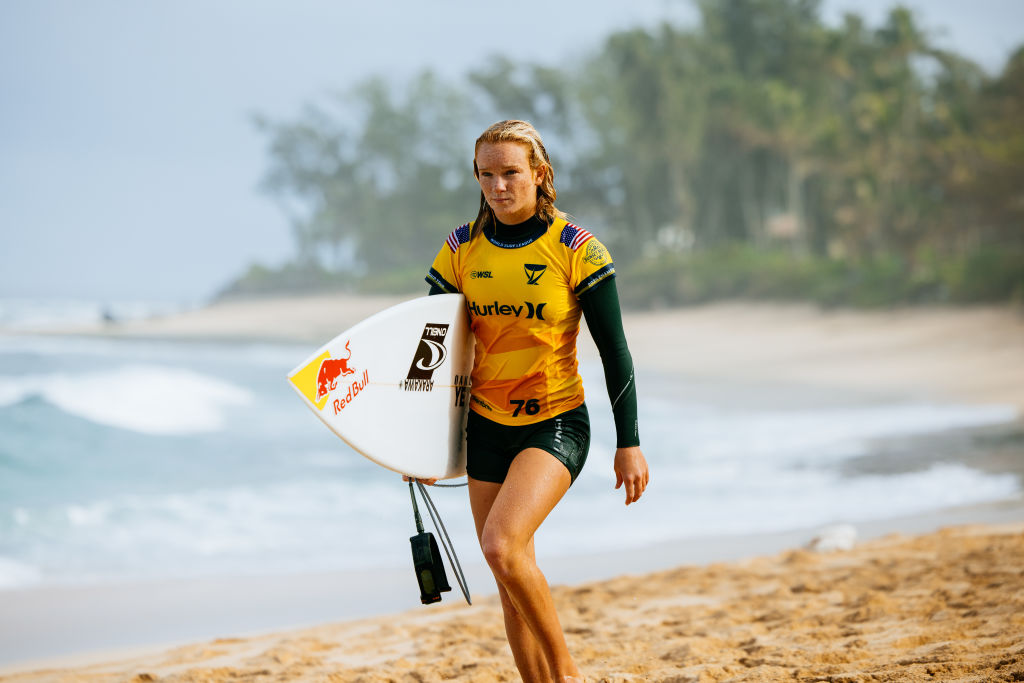Justine Blainey: The teenage girl who broke ice hockey's glass ceiling
Canada is known for a number of things, cold weather, poutine, and maple syrup to name just a few. Above all of those, is their almost religious infatuation with ice hockey. Canadians love hockey and take their junior leagues seriously, so when Justine Blainey challenged the status quo, it caused quite the stir.
Justine Blainey was born in Toronto, Canada in 1973. She grew up, like most Canadians, learning to skate and learning the game of hockey.
Hockey was, at the time at least, not seen as a ‘girl’s sport’ in Canada. Girls were encouraged to participate in figure skating or gymnastics. Justine was never overly interested in either sport.
As Justine’s mother, Caroline told the BBC, “pretty soon her figure skating became pretty boring”. When pushed into making a choice one what to do next, Justine told her mother, “I wanna play hockey just like Dave (her brother).”
Justine was a natural, she was already a good skater, as many Canadian children are, but when Caroline found a team she could train with, the Leaside Wildcats of the Ontario Women's Hockey Association, she found there was a lot to learn.
Picture: Justine's sporting prowess on display playing high school soccer
Speaking to the BBC, Justine described her experiences at the start of her hockey journey by saying, “I could skate fast, but I was horrible with a puck. I didn't know the rules, so very quickly my brother helped me learn.”
For Blainey, a big part of what made hockey fun was the physical side of it. Wrapped in pads and a helmet, players are often battered and bruised after a game due to the huge collisions involved. This wasn’t allowed in the girl’s team she was a part of, much to her despair.
As she learned the sport and gained size and confidence, Justine earned a spot in the Metro Toronto Hockey League but was unable to play in the league as she was a girl. She was told by a coach at the tryout, “We don't have tampons, we don't have pads,” in a humiliating experience that infuriated her and convinced her something needed to be done.
This decision kickstarted Justine into action as she began her battle against the league. Aged just 12, she sent the infamous letter to the league saying, “I can play, but may I? MTHL tryout time starts today and I'm going to hear the same words again: 'Yes, you're good enough. We wish we could take you. But you're a girl.”
Justine’s brother is also a keen hockey player, he was outside working on his technique whilst Justine and her mother sat and worked on the letter. Once they agreed it was ready to go, they sent it off.
Little did they know, the letter would kickstart a years-long legal battle that would make Justine a household name.
Justine’s letter ended up gaining the attention of Lois Kalchman, a reporter on minor league hockey. Kalchman not only wrote about Justine’s plight but decided to get involved in the process, using her connections to Ann Fraser, a lawyer, to start legal proceedings.
Ann Fraser’s daughter, Deirdre, told the BBC, “My mother and Justine Blainey - they were a good match. Because my mom wasn't going to walk away from the human rights case.” Fraser was fairly new to practising law but discovered Ontario is clear that you can’t discriminate against someone because of their sex. When she raised this, she was told: “sport is different”.
Despite arguing strongly that Justine deserved to play with the boys' team, given her ability and that Canadian law is explicit that everyone should be treated equally. She lost her claim in court, with the judge arguing that she was able to play hockey already and that physical differences between boys and girls of that age were too big, leading to potential injuries.
Despite becoming a public pariah, Justine refused to give up and launched an appeal immediately. After battling in the courtroom once again, this time in the Ontario Court of Appeal, Justine had won. Her case was so convincing, it not only changed the rules for girls in hockey, but for all sports in Canada.
Justine’s battle was groundbreaking in Canada, allowing mixed teams to compete across the country. She would go on to play for the Toronto Lady Blues whilst attending the University of Toronto and the Brampton Thunder in the National Women’s Hockey League. She is now working as a chiropractor in Brampton, Ontario.
More for you
Top Stories



